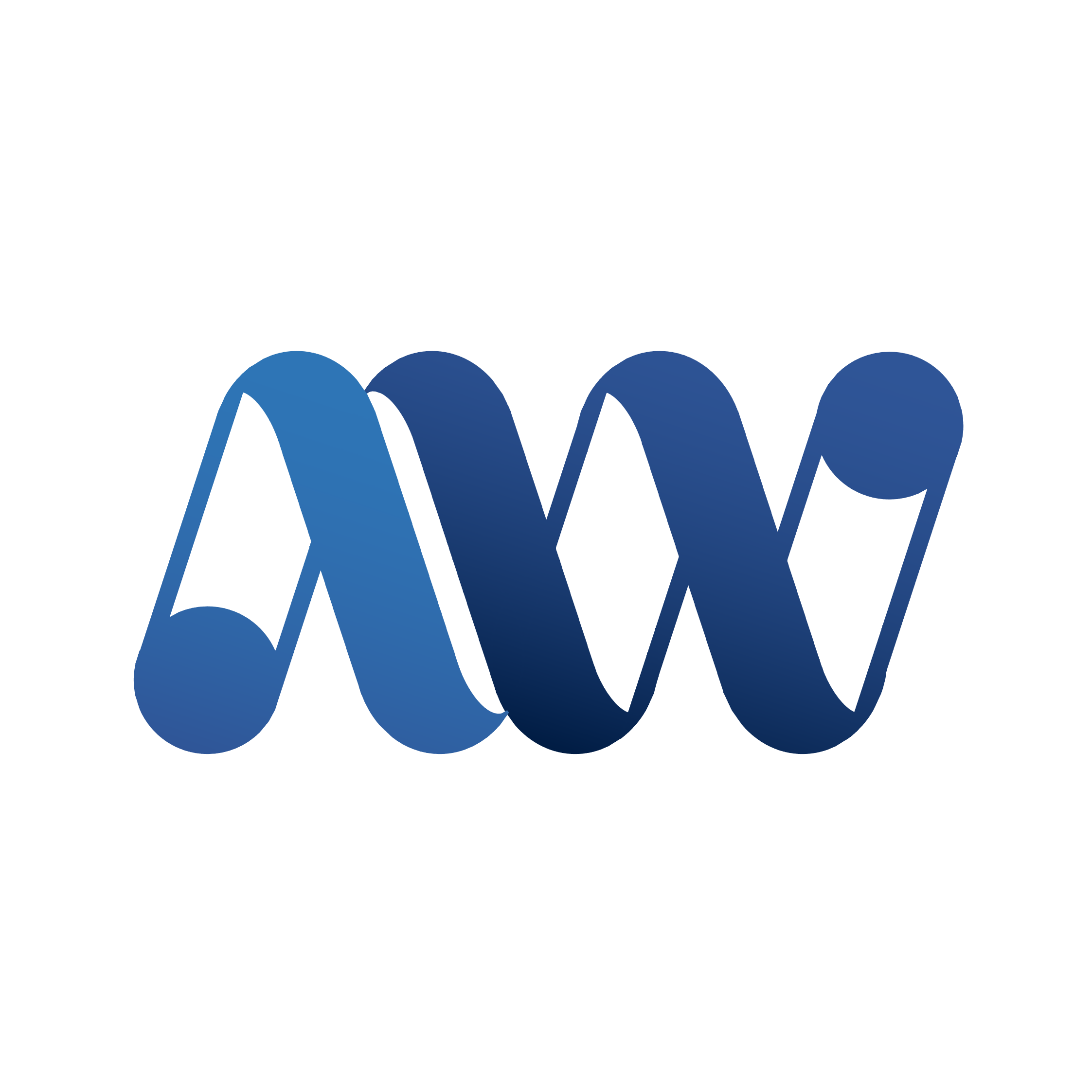Professional Development: Building Tools for Translational Impact
Advancing science today requires more than laboratory capabilities. It demands the ability to navigate complex regulatory systems, assess market potential, lead cross-sector collaborations, and communicate across disciplines. My professional development reflects a deliberate effort to expand my horizons on these fronts. Through structured programs in entrepreneurship, regulatory affairs, and pedagogy, I have built a foundation to support high-impact, translational research with real-world applications in health and biotechnology.
Bridging Discovery and Delivery
Go further: Entrepreneurship
In scientific research, identifying a therapeutic lead or engineering a new diagnostic platform is only part of the equation. Getting that innovation to the people who need it most—patients, clinicians, public health systems—requires entrepreneurial thinking. My experience in UBC’s Lab2Launch program positioned me at the interface of scientific innovation and market translation. There, I developed a venture focused on targeted cancer diagnostics and therapeutics, refined through stakeholder interviews and strategic pivots based on unmet clinical needs. This journey equipped me with essential skills in opportunity recognition, IP strategy, stakeholder management, and cluster-building in the life sciences.
Embedding Ethics and Strategy in Innovation
Go further: Regulatory Science
Equally critical to my development has been understanding how regulatory frameworks enable responsible innovation. Completing a microcertificate in Regulatory Affairs in the Life Sciences (2024–2025), I gained insight into how new therapies are evaluated—not just for safety and efficacy, but for societal value and economic sustainability. From adaptive trial design to real-world evidence modeling, I now assess innovation with a sharper eye toward implementation feasibility and long-term public benefit. The training emphasized the ethical dimensions of innovation, particularly in relation to data sovereignty and equitable access to emerging health technologies.
Educator Development in Parallel
Go further: Mentorship and Teaching Dossier
I would like to note that my professionalization also includes formal training in postsecondary pedagogy. This informs how I approach mentorship, curriculum design, and science communication. Whether I am guiding undergraduates through experimental planning or presenting translational strategies to industry stakeholders, I apply principles of accessible pedagogy and learner-centered engagement.
Looking Forward
These professional experiences are interconnected tools that support my long-term vision: to contribute to a research ecosystem where innovation is ethical, equitable, and implementation-ready. As the life sciences landscape evolves, I remain committed to staying informed and adaptable by bringing together regulatory fluency, entrepreneurial initiative, and pedagogical clarity to help scientific discoveries reach their full potential.

